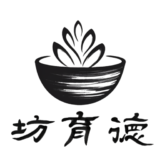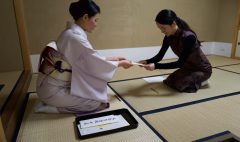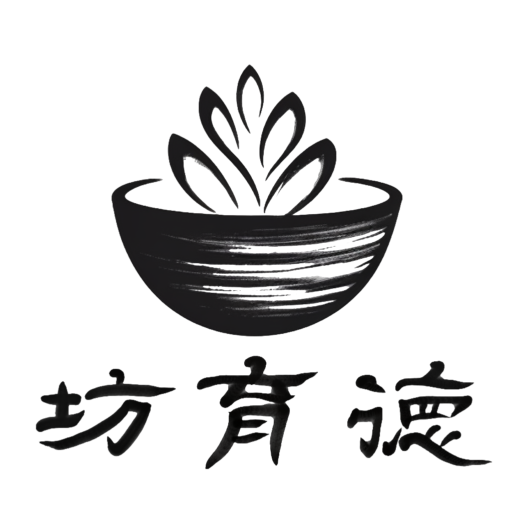The wisdom of not being surprised
November 21, 2024 2024-11-21 12:55The wisdom of not being surprised
The wisdom of not being surprised
Expanding the Self – A Journey Beyond Boundaries
In our daily lives, we often define ourselves by what we can perceive — our thoughts, bodies, and immediate surroundings. What lies outside our perception often feels separate and unrelated to our “self.” But have you ever stopped to question why we define ourselves this way?
This question ties directly to the wisdom behind the phrase “remaining unfazed by praise or blame.” Praise and blame represent two sides of the same coin, both capable of deeply impacting our emotional state. Praise, for instance, brings joy as we receive admiration and recognition. But this joy can also create dependency and fear — the desire to maintain that admiration and the anxiety of losing it.
Why do we care so much about how others perceive us? It’s rooted in our belief that we exist as distinct entities, separate from the world. We think of our bodies as “self” and perceive the world as “other.” But this separation is an illusion.
When we realize that we are one with the world, the weight of praise and blame starts to fade. We are more than the boundaries of our physical bodies. This shift in perspective allows us to dissolve the rigid lines we draw between “self” and “other.”
Through practices like gratitude and compassion, we can blur these boundaries. Gratitude teaches us to shrink the ego, while compassion helps us expand our connection to the world. Together, they dissolve the sharp edges of self-definition, bringing us closer to truth and harmony.
In ancient times, people lived in extended families where personal honor or disgrace was tied to the entire family. This structure naturally expanded the sense of “self” to include the family as a whole. By comparison, modern nuclear families often reinforce the idea of individualism.
To embrace ancient wisdom in today’s world, we can practice balancing the “self.” Expand your awareness to encompass the world while simultaneously cultivating humility and gratitude. By doing so, we soften the boundaries of ego and step closer to unity with the world around us.
Key Takeaway
The journey of expanding and shrinking the self leads us to a profound realization: we are both infinitely small within and boundlessly vast without.
博客:扩展自我——超越边界的旅程 中文版
在日常生活中,我们常常将自己定义为所能感知到的事物——我们的思想、身体以及周围环境。而那些超出感知范围的事物,则被认为与“自我”无关。可曾想过,为什么我们会这样定义自己?
这个问题与“宠辱不惊”这四个字蕴含的智慧息息相关。宠与辱是一体两面,它们都能深刻影响我们的情绪。比如,当我们受到别人的喜爱或认可时,会感到高兴,但这份高兴也可能让我们产生依赖与恐惧——渴望维持这种喜爱,害怕失去这种认可。
为什么我们如此在意别人的宠爱或侮辱?原因在于我们相信自己是独立存在的个体,与世界分割开来。我们将身体视为“自我”,将外界视为“他者”。但实际上,这种分离是一种幻象。
当我们意识到自己与世界是一体时,宠与辱的分量就会减轻。我们不再局限于身体的界限,而是认识到“自我”可以超越感知的限制。这种意识的转变使我们逐渐模糊“自我”与“他者”之间的边界。
通过感恩和慈悲的练习,我们可以软化这种边界。感恩教会我们缩小自我,慈悲则帮助我们扩大与世界的连接。二者结合,能够逐步消解我们对“自我”清晰界限的执念,让我们更接近真相与和谐。
在古代,人们生活在大家族中,个人的荣辱与整个家族息息相关。这种体制自然扩展了“自我”的定义,使其涵盖整个家庭。而现代社会的核心家庭结构,则更多地强化了个体意识。
要将古老智慧融入当今生活,我们需要练习平衡“自我”。一方面,将自我意识扩展到整个世界;另一方面,通过培养谦卑和感恩的心,缩小自我。这样,我们就能软化自我边界,与世界融为一体。
核心观点
扩展与缩小自我的练习,引领我们走向一个深刻的领悟:内在无比渺小,外在无比广阔。










